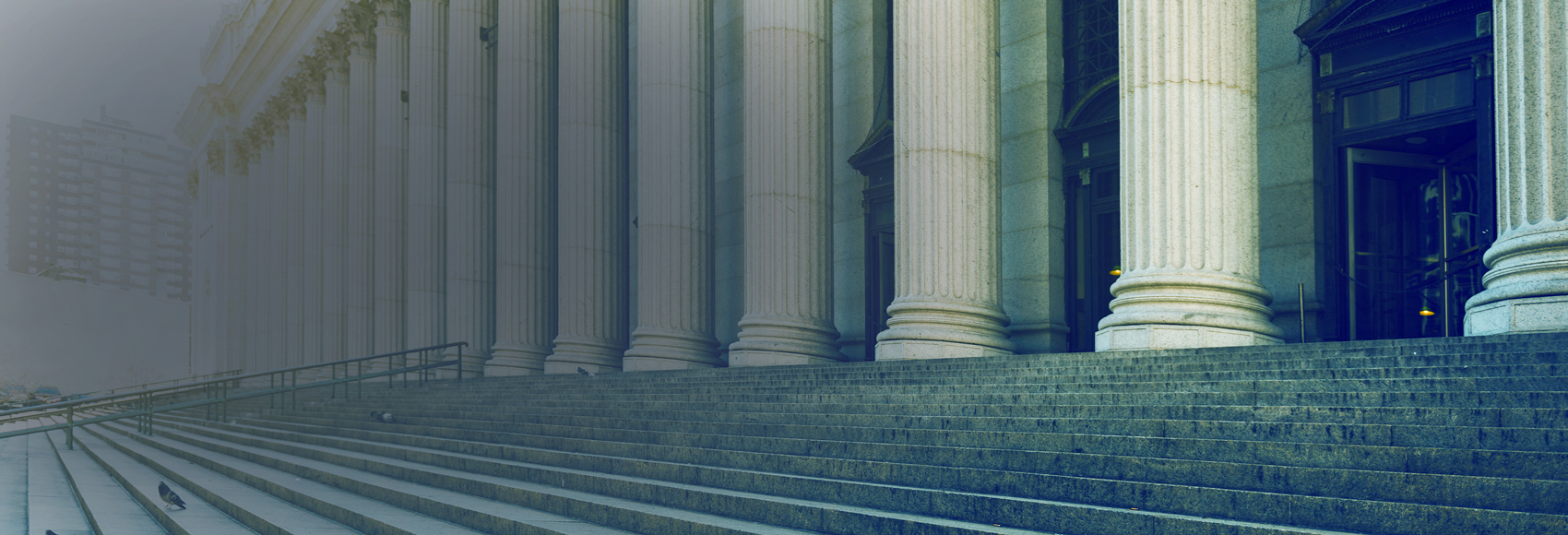Some claims can only be made with permission (or “leave”) of a judge. The idea is to prevent claims that are unmeritorious from disturbing defendants by having the court vetting them first. What if you are running short of time to get court permission? Can you proceed with the claim first and ask for permission after the fact? In other words, ask for forgiveness rather than permission? That is the question now before the Supreme Court of Canada in CIBC et al v. Green et al. In this class action, the representative plaintiffs claimed damages under s. 138.14 of the Ontario Securities Act (“OSA”), a claim which can only be commenced with leave/permission of the court. This statutory claim is also subject to a three-year limitation period. While the class action was commenced within the three-year limitation period leave/permission to assert this claim was not obtained within the limitation period. A 3 judge panel of the Ontario Court of Appeal confirmed that leave had to be obtained within the 3 year period, and dismissed this claim. A 5 judge panel of the Ontario Court of Appeal disagreed, essentially ruling that it was permissible to ask forgiveness after the fact rather than permission before starting the claim. Now, with McMIllan’s SCC Group’s help, the Supreme Court of Canada agreed to hear the case and decide the issue once and for all.
Get updates delivered right to your inbox. You can unsubscribe at any time.


